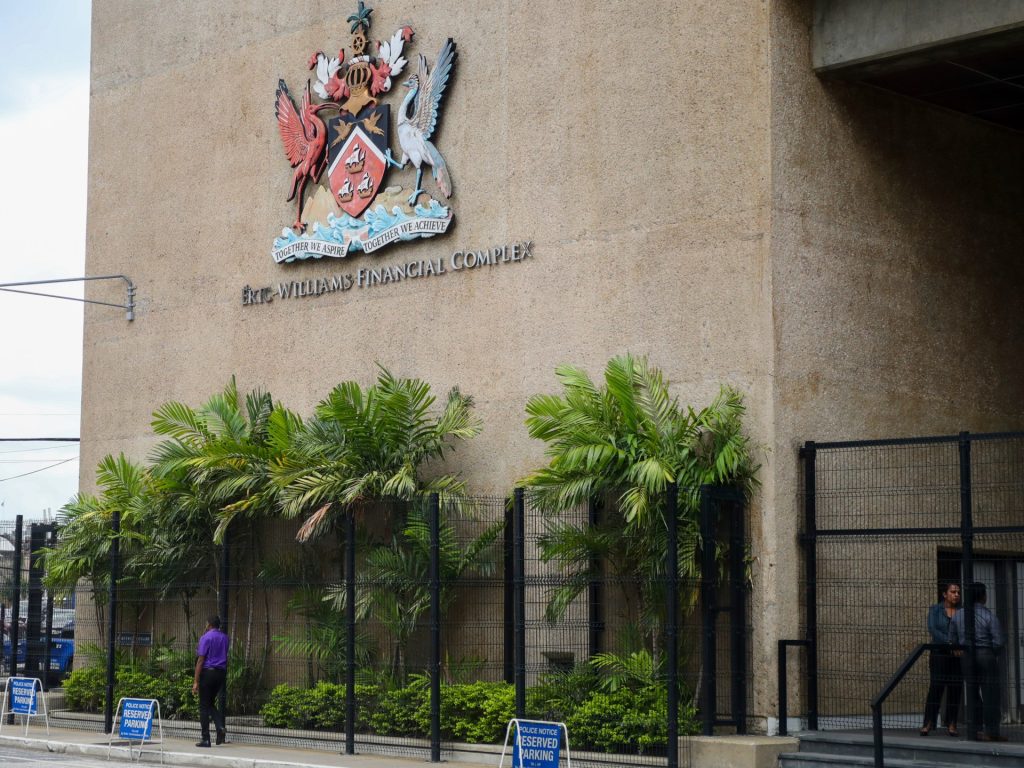Authorities in Trinidad and Tobago have declared a state of emergency in response to a surge in gang violence that has resulted in over 60 murders this month alone. The violence is believed to be a result of rival gangs vying for territory in the capital city of Port of Spain. The country has seen the highest number of gun-related deaths in over a decade, with a total of 623 people killed so far this year. National Security Minister Fitzgerald Hinds described the situation as an epidemic, prompting the government to take action.
The violence comes at a sensitive time as the country prepares for elections between Prime Minister Keith Rowley’s People’s National Movement party and the opposition United National Congress. The situation in Trinidad and Tobago mirrors that in Haiti, where brutal gang violence has led to thousands of deaths this year, prompting aid organizations to suspend operations in the country. The United Nations has also evacuated staff members due to the escalating violence.
Over the weekend, at least seven men were killed by gunmen in Port of Spain, with shootings taking place near a police station and in a poor neighborhood. The attacks are believed to be retaliatory in nature, with residents expressing fear of further violence and calling for an end to the bloodshed. The country is known for being a hotspot for organized crime, with a high homicide rate linked to gangs and drug trafficking, fueled by its proximity to Venezuela and key international flight routes.
Trinidad and Tobago has over 100 gangs operating in the country, with a history of violence between rival groups. The recent outbreak of violence is said to be the result of an alliance between two major gangs, Sixx and Seven, and smaller groups joining forces to eliminate their rivals. Despite efforts by Trinidadian police to negotiate a ceasefire in 2023, the conflict has escalated, leading to the current state of emergency. Officials are concerned about further attacks between the two groups and have deployed increased police and military presence in response.
Under the state of emergency, authorities have the power to conduct searches and make arrests without a warrant, as well as detain suspects for up to 48 hours. Despite the heightened security measures, schools, businesses, and upcoming New Year’s celebrations are expected to continue as planned. This is not the first time Trinidad and Tobago has implemented a state of emergency, with a limited one being imposed in 2011 in designated “crime hotspots”. The government is taking decisive action to address the escalating gang violence and ensure public safety in the dual island nation.














